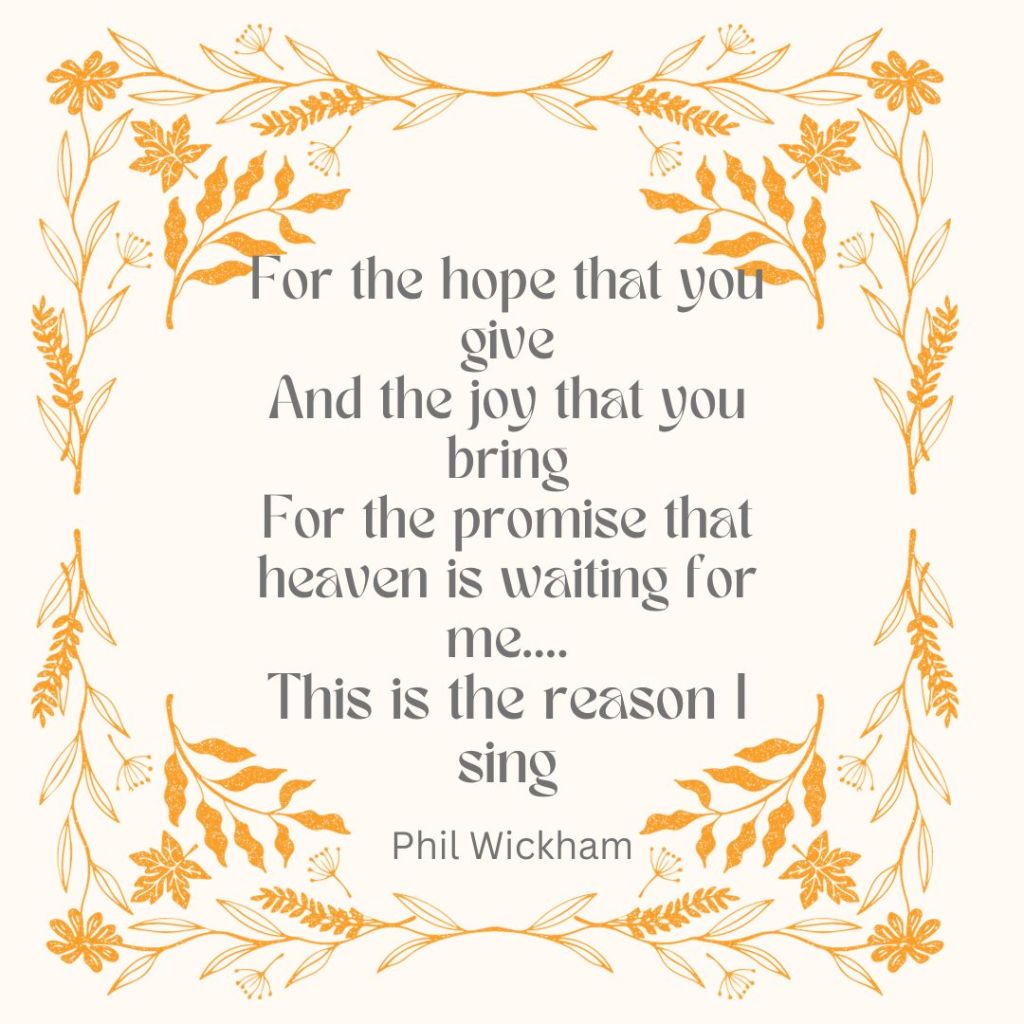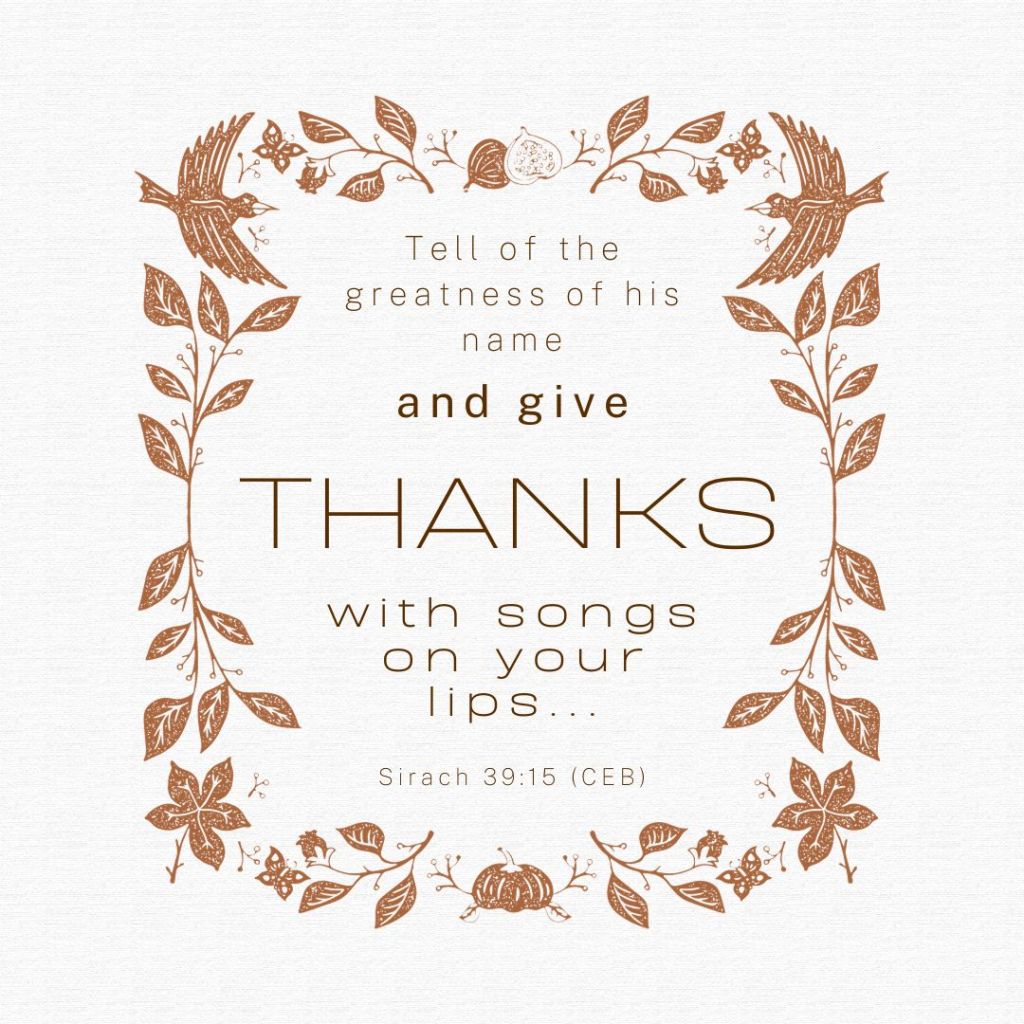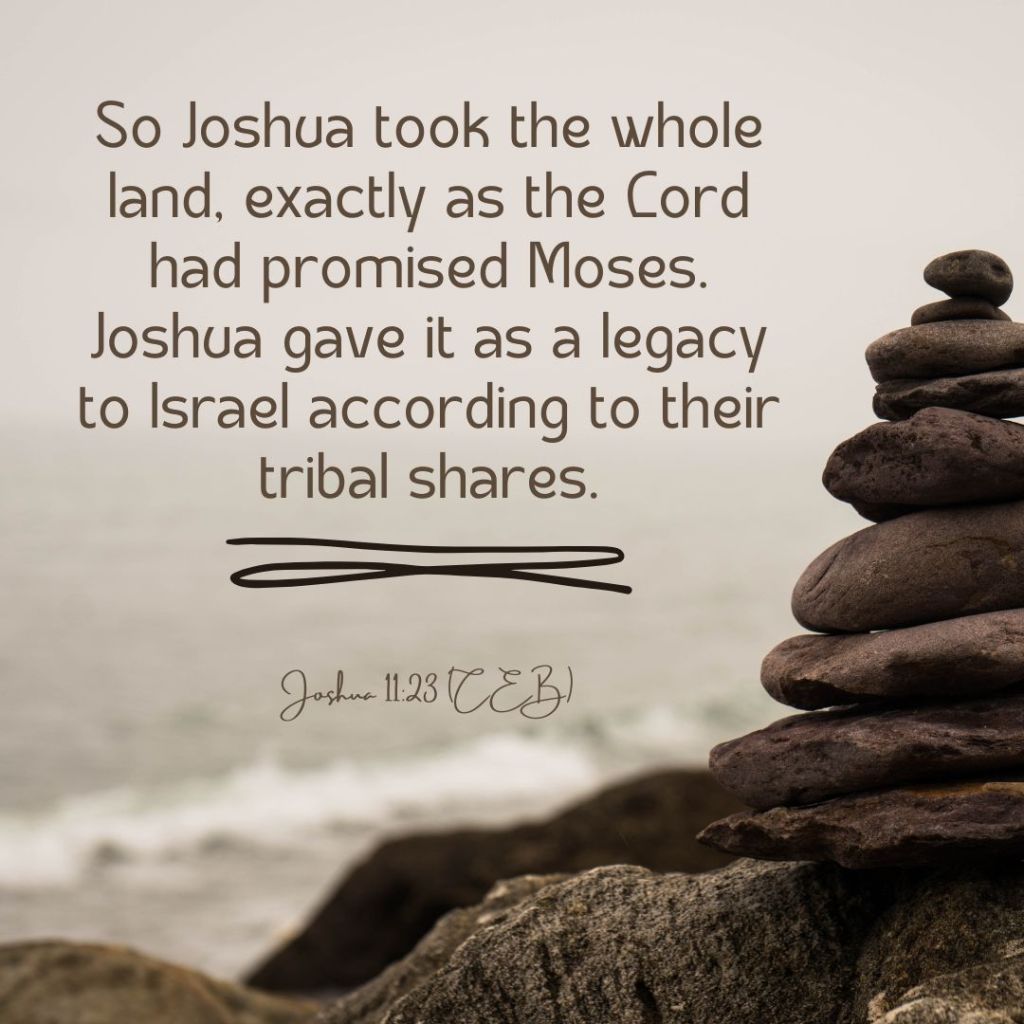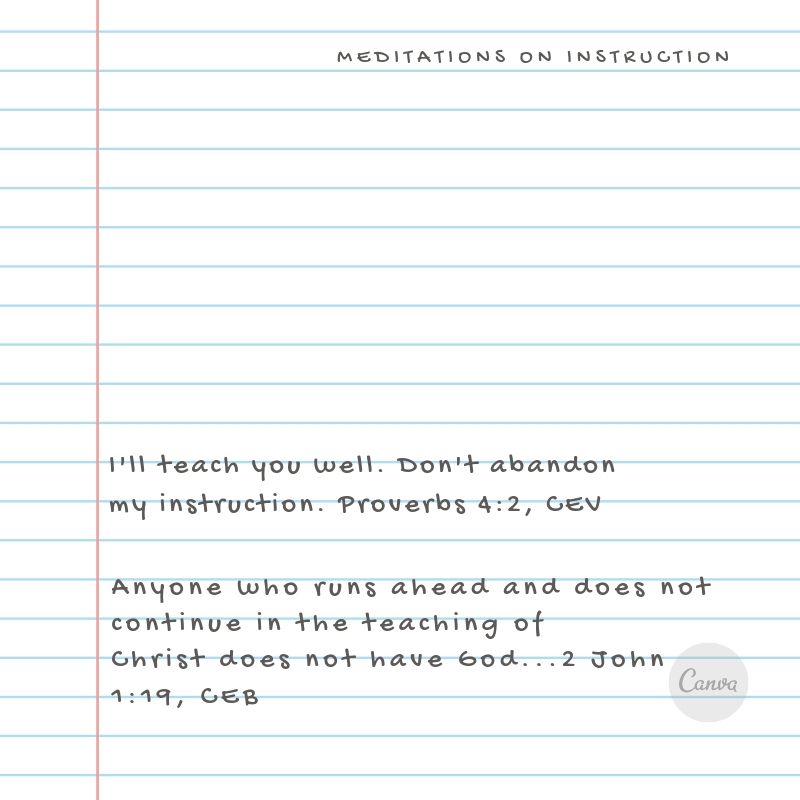I’ve been praying and thinking and reading and watching a lot the past few days, trying to both understand and discern the awful events in Minnesota this past weekend. For me, the civil unrest in Minnesota is a culmination of events that have been taking place for many months in many cities around the country. I’ve tried to focus on the Gospels, reading and thinking on Jesus’s words and actions as he traversed the regions around Jerusalem. I’ve listened to thoughtful reflections from Christian teachers and leaders. And I’ve prayed and prayed and prayed. Because this moment matters. Because what we’re living through is not normal. Because people are suffering. Because we can do better.
I try not to mix politics and faith. I appreciate and respect that many of my Christian friends and acquaintances have differing political perspectives than I do. Over the years, I’ve had great debates with some of these friends, but we’ve always walked away from them in love. We didn’t care that we disagreed on issues such as abortion, gun laws, or even marriage. We just enjoyed the heated discourse and figured God would handle the rest.
But that’s not true today. I love the United States, and I feel very lucky to have been born in this nation that has the freedom of people to live and self-govern at its core. Sure, we’re messy, and our actions have often fallen way short of our ideals, but we’ve done some pretty fantastic things, too. Yet if I’m being 100 percent, I have to say that I am deeply struggling with the state of the US today. We seem to be led by individuals who are both corrupt and morally bankrupt, by people who somehow equate power with wreaking havoc and sowing chaos. As my husband said, it’s like someone burned down your house, set up a tent, and said, “Look! Isn’t this better?”
In the midst of it all, people are playing tug of war with Jesus in an effort to support their own ideologies and desires, forgetting that Jesus doesn’t play those games.
As I’ve been praying and pondering how Jesus is calling his people to respond in this tumultuous time, one word keeps coming to my mind: compassion. Luke 1 speaks of one who will come with compassion, allowing the dawn of heaven to break upon us and give light to those living in darkness.
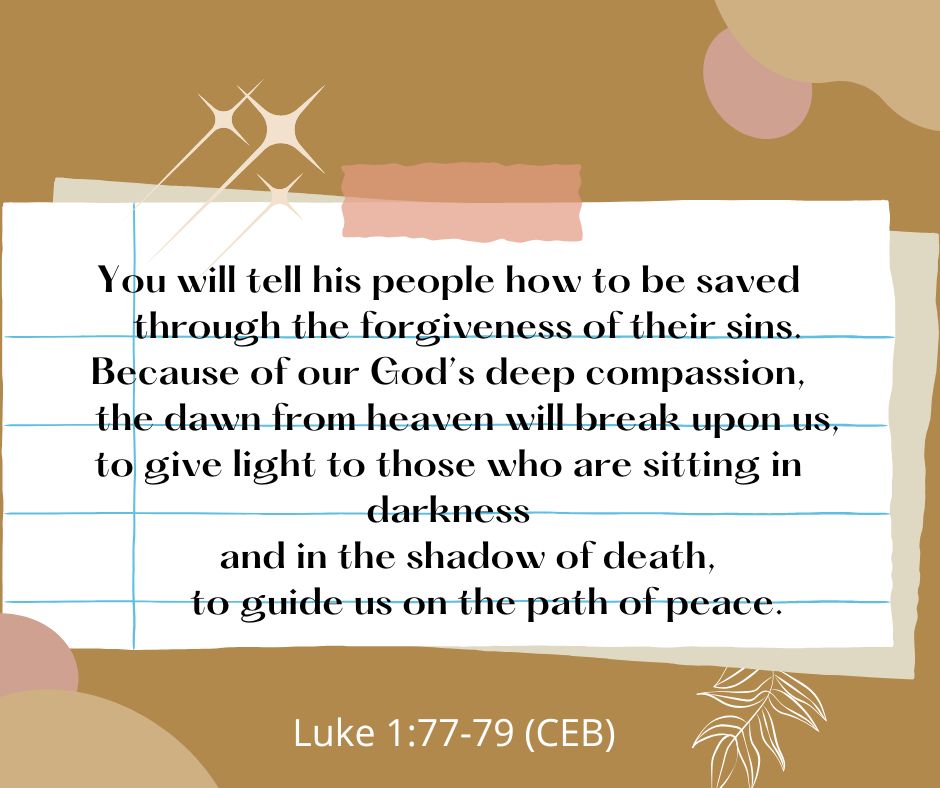
Throughout the Gospels, Jesus is driven by compassion. He had compassion on the people who flocked to him for healing. He had compassion on the outcasts who were cast off by society. He had compassion on the little children who were placed before him by eager parents. He had compassion for those who were mourning the loss of loved ones. He had compassion on the servant of the high priest whose ear was cut off during Jesus’s arrest. And he had compassion on the soldiers who nailed him to the cross and were gambling for his clothes.
Jesus saw the suffering of others. He sees the suffering of others today. And he still has compassion. He has compassion for the immigrants, regardless of their legal status. He has compassion for the federal law enforcement officials who have been tasked with doing a terrible job. He has compassion for those mourning Rene Good and Alex Pretti, whose lives were taken in shocking acts of violence. And while it’s really hard for me to understand how, he probably has compassion for the officers responsible for these deaths, too.
I’m in no way condoning what has been taking place in Minnesota, or what has taken place and is taking place in cities around the country. While I respect a government’s right to enforce their immigration laws, whether I agree with those laws or not, to do so by terrorizing people and denying them due process is wrong.
It’s interesting to me that Jesus lived in a time when leaders sowed violence and seemed to lack the capacity for compassion and humility, too, but he didn’t talk a lot about that. At least, not explicitly. A lot of what he said and did was counter-cultural and upended both cultural norms and religious teachings. But he didn’t yell about it. He didn’t call political leaders names or make them into caricatures. He did yell at the religious leaders and called them whitewashed tombs and a brood of vipers because they were exploiting people and perverting the gospel message, which should be a sobering reminder for all of us “religious” folk out there. But mostly, he just saved people–physically, emotionally, and spiritually. He drew people to him and he loved them.
So, what is our Christian witness in times of turmoil and unrest? I like how Christian writer Henri Nouwen puts it:
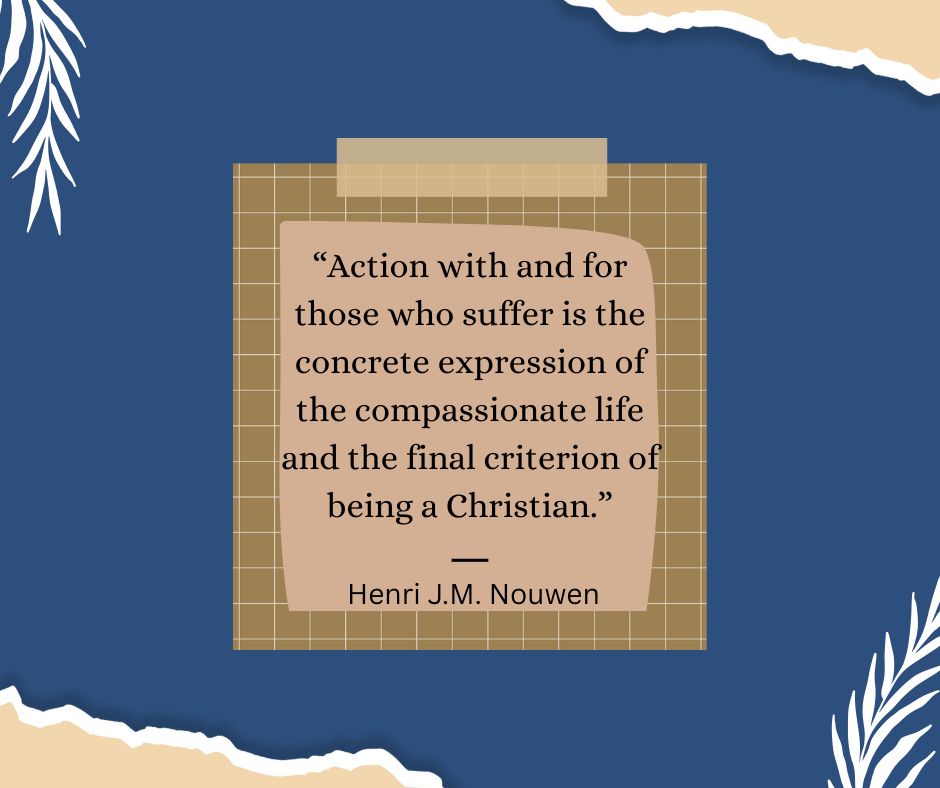
As Christians, we’re not called to sit on the sidelines and watch as people suffer. We’re called to exercise compassion and help those who suffer. But we can do so in a variety of ways, depending on where we feel God calling us. Some people show compassion by bearing witness to acts of injustice or terror. Others take part in community-led endeavors to support those in their local communities who might be struggling. We can show compassion by reaching out to our immigrant neighbors, asking them how they’re doing and what they need. We can do the same for law-enforcement members who live in our neighborhoods, too. We can support immigrant-owned businesses, as well, and get to know the people who run them. We can pray for those who are suffering, and for those who are the cause of the suffering.
Most importantly, we can stop dragging Jesus between political parties and just let him move freely throughout our homes, neighborhoods, communities, and country. If we truly want to follow Jesus, then we have to leave ourselves behind, taking action with and for those who suffer to build God’s beloved kingdom on Earth, as it is in heaven.
Blessings and Peace,
Sara






